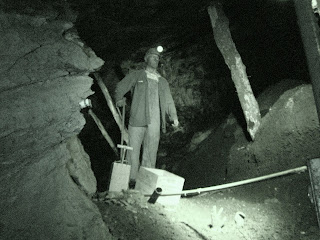John Sepulvado wrote for CNN Radio 1 April 2012, A power plant, cancer and a small town’s fears,
The two of them invested their life savings building their home.It’s a large ranch house on several acres, and the plan was the two of them would leave it for their sons and grandchildren. They gave up that dream after Maddox’s mother developed a rare form of ear cancer and died after living at the home for three years.
“I’m not going to bring my grandchildren up in this,” Maddox says. “Anybody who does would be a fool, I think.”
The problem, Maddox explains, is now he and his neighbors are getting sick. For Maddox, the first signs of trouble would come in the middle of the night, when he would wake up with nose bleeds mixed with clear mucus. Then his muscles started twitching, and then he got kidney disease, and then sclerosis of the liver.
Where does he live? Down the road from Plant Scherer in Juliette, Georgia: the nation’s dirtiest coal plant.
Georgia Power’s solution? Buy houses like his, cap the well, and raze the house.
 Better solution? Get off of health-destroying moribund coal and get on with clean distributed wind and solar, for the profit (even to Georgia Power), for energy independence, for resilience, and yes, for our health.
Better solution? Get off of health-destroying moribund coal and get on with clean distributed wind and solar, for the profit (even to Georgia Power), for energy independence, for resilience, and yes, for our health.
-jsq











